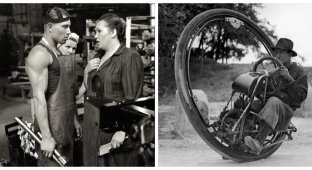Surely each of us at least once thought about the fact that What will happen if suddenly the elevator I’m in right now suddenly starts falling? 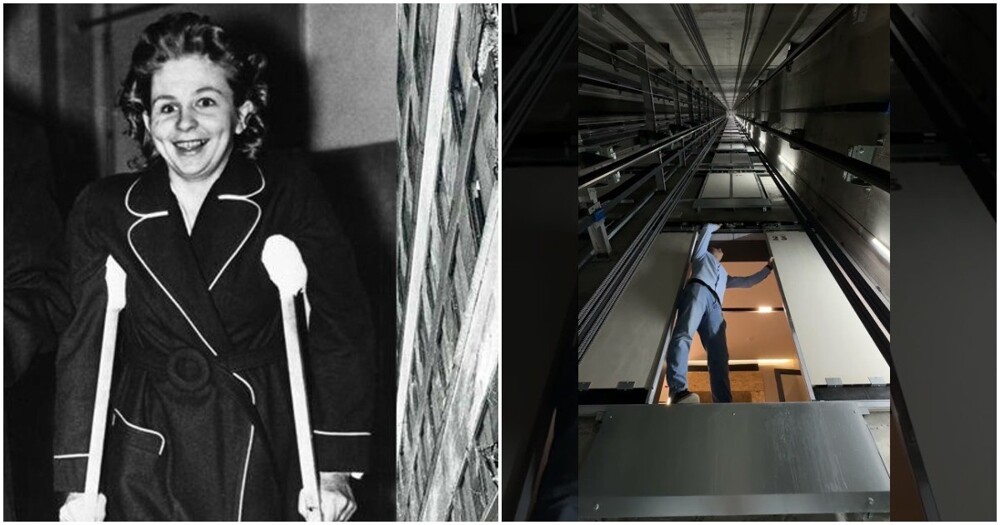
In fact, modern elevators are already equipped with mechanisms capable of minimizing impact force. For the health and life of passengers now the threat has become much less because there is a system emergency braking, and large springs are installed at the bottom of the shaft, so that the cabin does not crash with all its might. 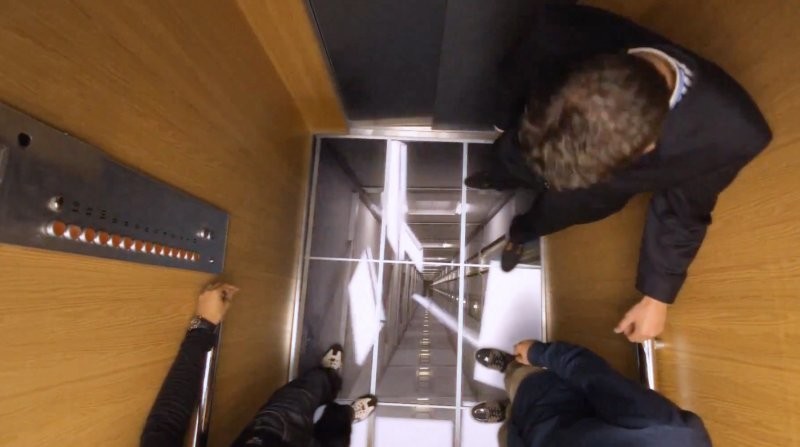
The chances that the elevator will start to fall are much less if compare with other possible risks. Due to inattention, you can step into the shaft, or find yourself trapped by the doors.
When an elevator falls, you need to try not to panic and start taking action. 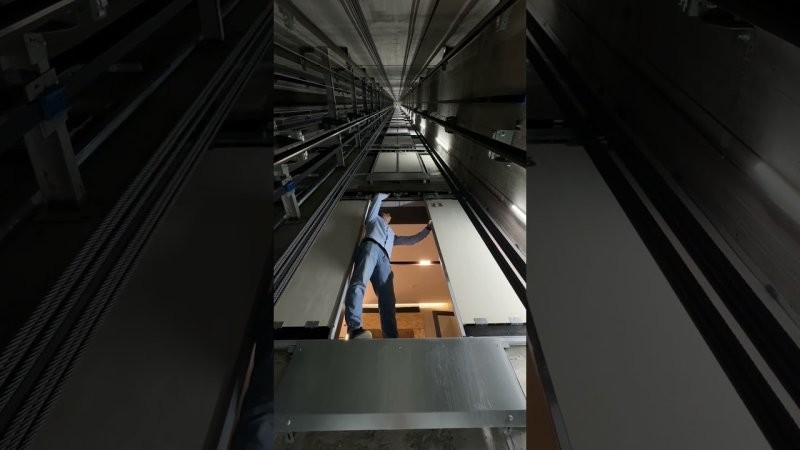
Don't stand up straight - it's a huge risk. On the passenger's feet ten times his own weight will collapse, so it's better to lie down on the floor. Ideally, lie on your back and cover your head with your hands. This way you can will be protected from debris of the elevator structure. 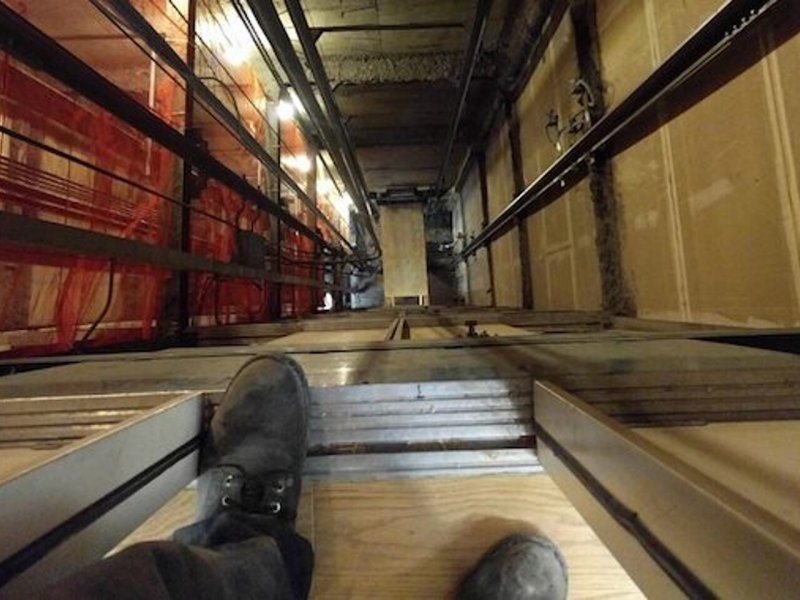
There is an opinion that if you start jumping around the cabin before before it hits the bottom of the shaft, this will reduce the force of the impact. But, firstly, it is not clear when exactly the blow will come and when you need to jump, and secondly, even if you jump, the speed of your fall will still not decrease to such an extent as to avoid injury. Jumping on the contrary can aggravate position. 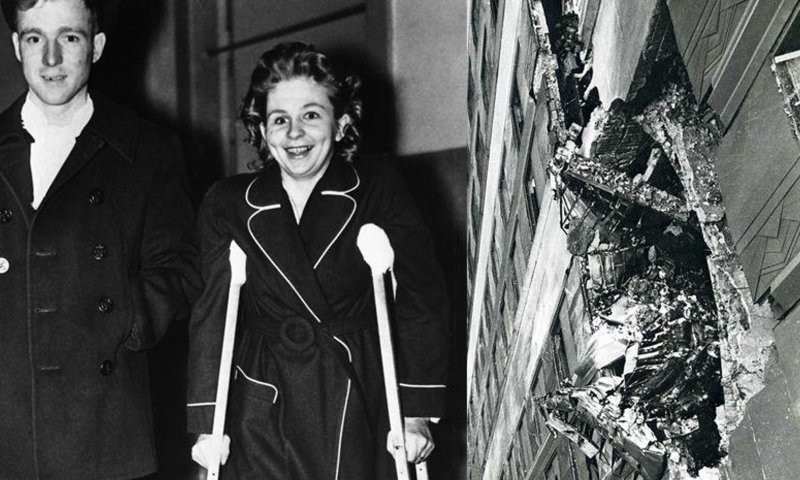
Betty remained optimistic after the fall
Interesting fact: a woman named Betty Oliver managed survive falling in a cabin from the 79th floor. Here's a random record. Betty worked in the Empire State Building as an elevator operator and ended up in a broken cabin. And she was able to survive thanks to several hundred meters of cable, falling to the bottom of the shaft just before the elevator car began to fall.
Add your comment
You might be interested in:

















